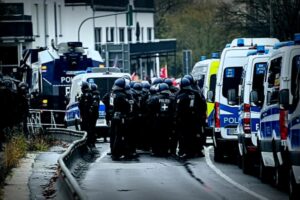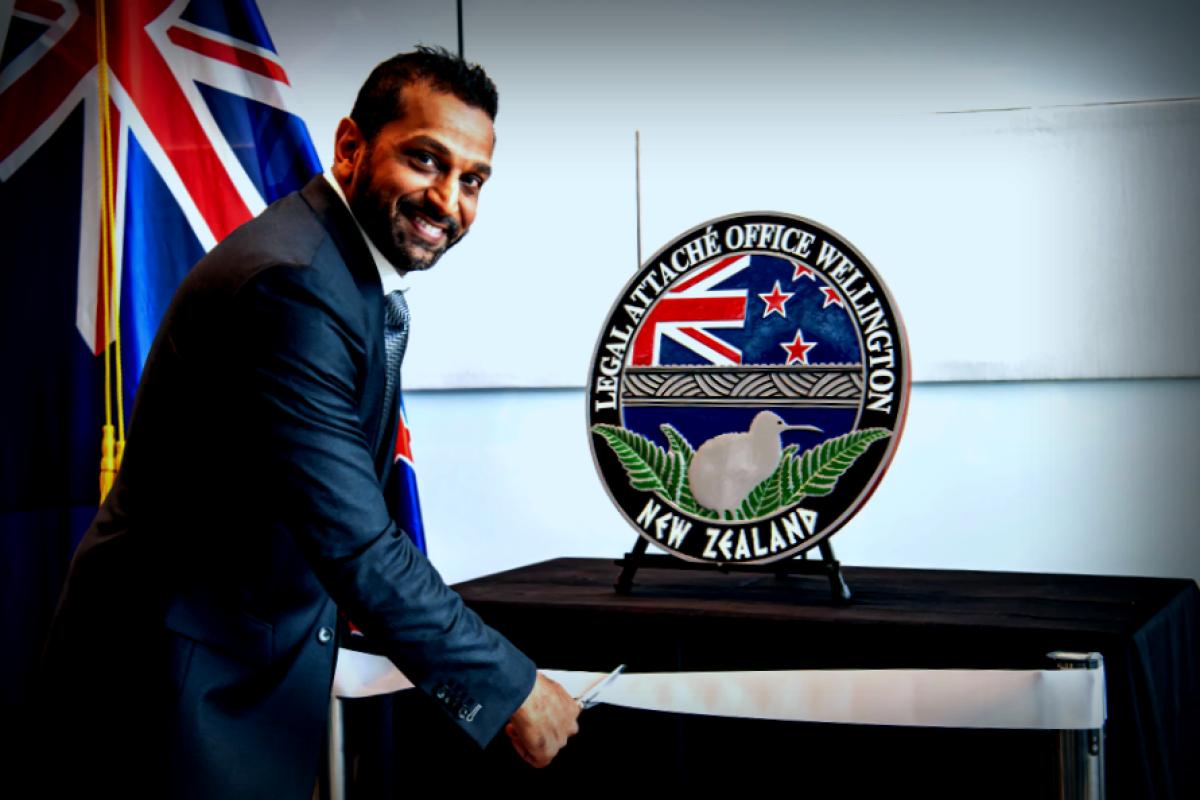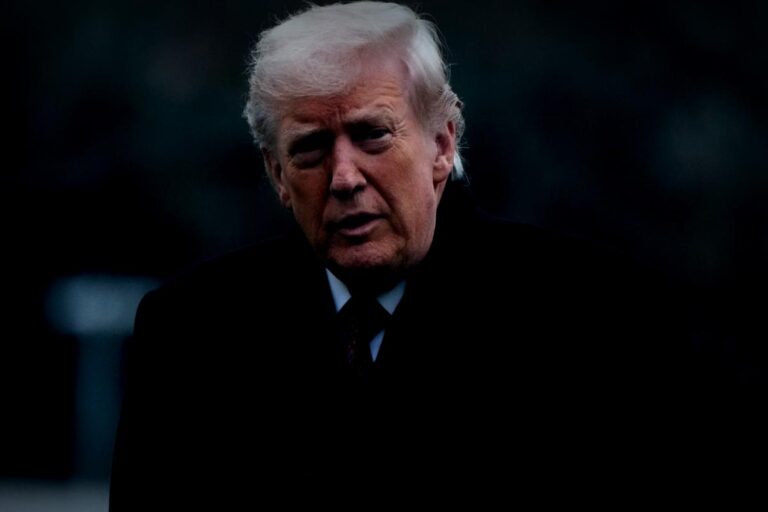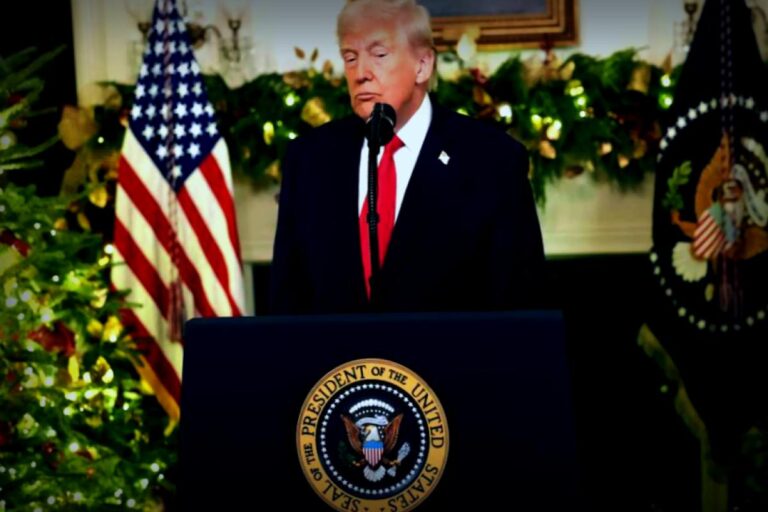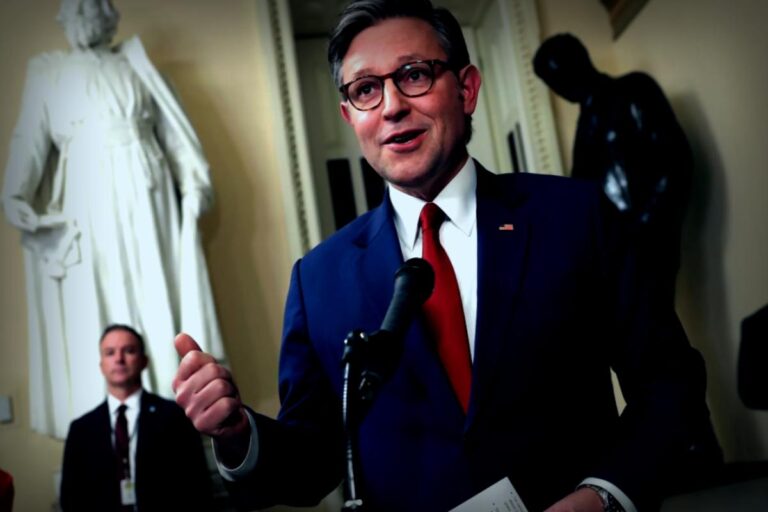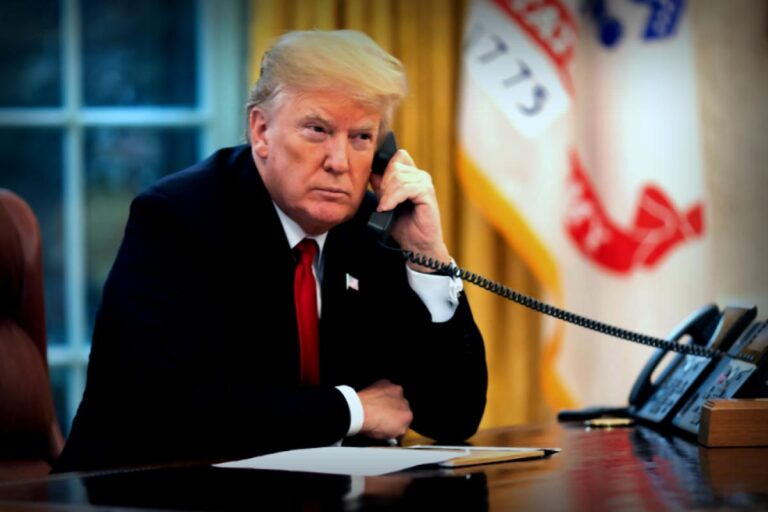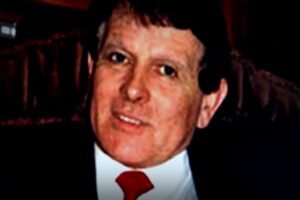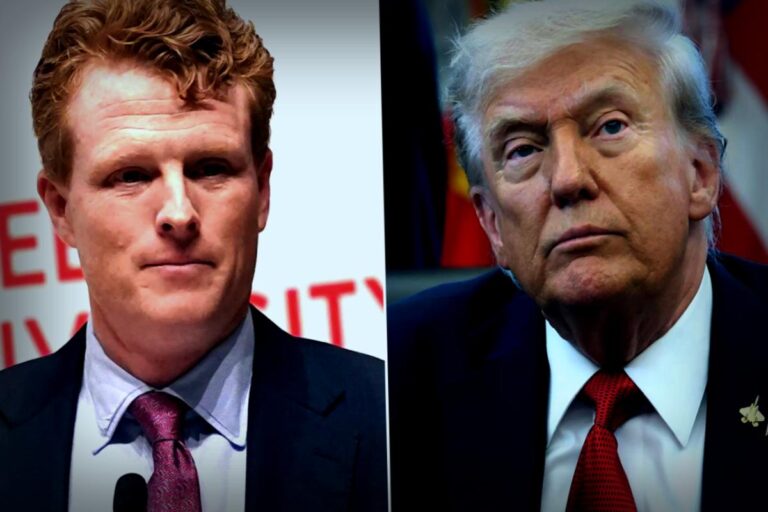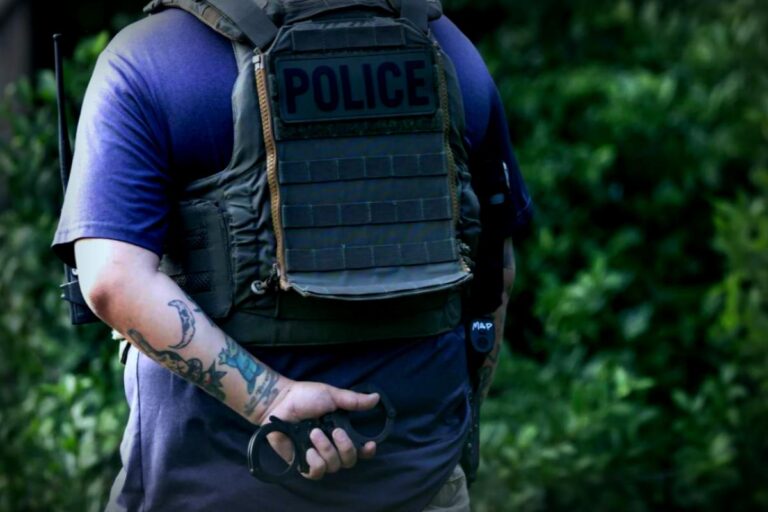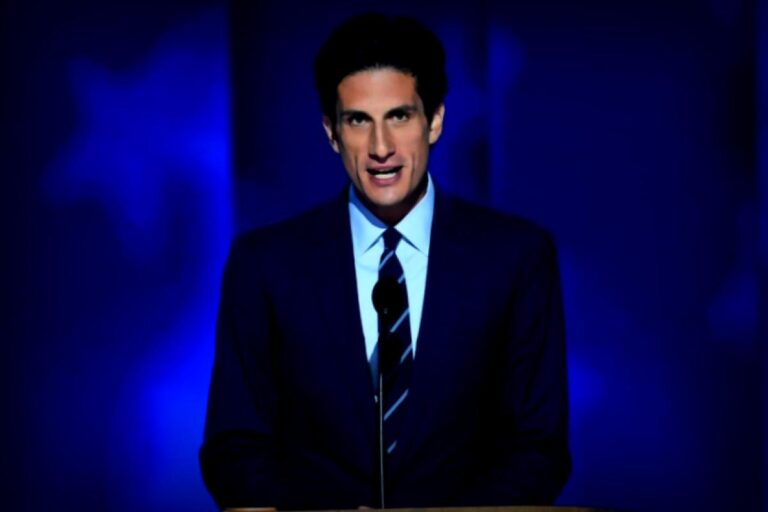During a recent visit to New Zealand, FBI Director Kash Patel made headlines by giving senior police and spy officials in the country plastic 3D-printed handguns—an action that contravenes local firearms regulations. As confirmed by New Zealand’s law enforcement, these non-functional pistols had to be destroyed due to their illegal status under the nation’s gun laws.
Patel, recognized as the highest-ranking official from the Trump administration to visit New Zealand, presented these replica weapons during meetings with at least three prominent national security leaders in July. This trip coincided with the unveiling of the FBI’s inaugural standalone office in the country.
Under New Zealand law, owning a pistol comes with strict requirements, including needing additional permits beyond the standard firearm license. While details on whether the officials who received these gifts possessed the required permits remain unclear, it’s noted that they wouldn’t have been able to legally keep the gifts without them.
Destruction of Conveyed Pistols
In New Zealand, any weapon, even if intended as a non-functioning gift, can be classified as operable if there’s a possibility it could be modified to work again. Police Commissioner Richard Chambers stated that the pistols were destroyed since regulators deemed them potentially functioning.
Chambers did not detail how the guns were rendered inoperable before being given as gifts, though this typically involves disabling the firing mechanism. The three law enforcement leaders who received the gifts included Chambers himself, Andrew Hampton from the NZSIS (New Zealand Security Intelligence Service), and Andrew Clark from GCSB (Government Communications Security Bureau). According to their joint statement, they consulted with authorities the day after receiving the gifts.
Upon evaluation, it became clear that the guns could still have been operable.
“To maintain compliance with firearms regulations, I directed our police to confiscate and safely destroy the items,” Chambers noted.
James Davidson, a former FBI agent now leading the FBI Integrity Project—a nonprofit aimed at avoiding partisan bias in the FBI—has publicly criticized Patel’s current role. However, Davidson acknowledged that the act of gifting the replica guns seemed like a sincere gesture from Patel, and suggested that destroying them was an excessive response by New Zealand’s security agencies.
New Zealand’s Gun Control Laws
Under New Zealand’s legislation, 3D-printed guns are treated similarly to conventional firearms. The nation tightened its gun laws significantly after a tragic 2019 shooting during which 51 Muslim individuals were killed in a mosque attack perpetrated by an Australian man who legally owned an arsenal of semi-automatic weapons.
The pistols gifted to officials from Patel’s trip were not among the prohibitively banned semi-automatics after the Christchurch tragedy, but existing laws still require specific permits for any pistol ownership, hence impacting who is lawfully allowed to possess such firearms.
In contrast to some other countries, New Zealand does not have a robust gun ownership culture, especially since the mass shooting—which has changed perceptions toward firearms. Here, guns are associated with privilege instead of a personal right.
Despite a sizable presence of firearms in rural areas for pest control, violent gun crimes remain rare in urban locations, leading many city dwellers to have little to no experience encountering guns in their day-to-day lives.
Additionally, it’s rare for police officers to be armed during patrols; they typically keep their weapons secured in vehicles.
Controversies from Patel’s Remarks
News about Patel’s visit stirred discussions due to the absence of public announcements prior to the opening of the new FBI office in Wellington. FBI statements from July expressed that this office aligns with the FBI’s wider missions in the Five Eyes intelligence-sharing coalition, which includes the US, Australia, Canada, and the UK.
This new office enables a more localized FBI presence in New Zealand where, since 2017, FBI personnel have been operating with oversight from Australia. Documents revealed that Patel’s interactions included meetings with senior public servants and ministers—though the exact number of officials who received the awarded pistols remains undetermined.
During this visit, Patel stirred mild diplomatic tension by suggesting the FBI’s footing in New Zealand aimed at countering Chinese influence in the South Pacific. This statement drew respectful opposition from Wellington officials who clarified that the FBI’s focus predominantly revolves around collaborative efforts against drug smuggling and exploitation of children. Beijing has labeled Patel’s comments inauspicious.
___
Mustian reported from New York. Associated Press reporter Eric Tucker contributed from Washington.

